Reflexive verbs (it. verbi riflessivi) are composed of a reflexive pronoun and a verb, like mi lavo I wash myself. Let’s learn the reflexive verbs in Italian!
Reflexive verbs in Italian
Reflexive verbs express an action that refers to the subject, such as: mi lavo I wash myself. They consist of a verb and a pronoun, namely a reflexive pronoun. In the infinitive, the reflexive pronoun si is placed at the end of the verb, which loses the -e of the infinitive:
| ARE | ERE | IRE |
| lavarsi to wash yourself | sedersi to sit down | divertirsi to have fun |
The structure of Italian reflexive verbs
Reflexive verbs behave like non-reflexive verbs. You only have to conjugate the verb as usual and put the reflexive pronoun before the verb: mi lavo. The negative non is placed before the reflexive pronoun: non mi lavo. Note that many reflexive verbs in Italian are not reflexive in English, like vestirsi to get dressed.
REFLEXIVE PRONOUN + VERB
| LAVARSI | |
| io | mi lavo |
| tu | ti lavi |
| lui, lei | si lava |
| noi | ci laviamo |
| voi | vi lavate |
| loro | si lavano |
Common reflexive verbs
Svegliarsi e alzarsi
Svegliarsi to wake up and alzarsi to stand up are useful verbs to describe your daily routine. A trick to not mix them up? You should know that la sveglia is the alarm. So you’ll ti svegli when la sveglia rings!
| SVEGLIARSI | ALZARSI | |
| io | mi sveglio | mi alzo |
| tu | ti svegli | ti alzi |
| lui, lei | si sveglia | si alza |
| noi | ci svegliamo | ci alziamo |
| voi | vi svegliate | vi alzate |
| loro | si svegliano | si alzano |
Prepararsi, lavarsi, vestirsi e rilassarsi
Prepararsi to get ready, lavarsi to wash yourself, vestirsi to get dressed and rilassarsi to relax are also four common verbs you’ll need to describe your daily routine.
| PREPARARSI | LAVARSI | |
| io | mi preparo | mi lavo |
| tu | ti prepari | ti lavi |
| lui, lei | si prepara | si lava |
| noi | ci prepariamo | ci laviamo |
| voi | vi preparate | vi lavate |
| loro | si preparano | si lavano |
| VESTIRSI | RILASSARSI | |
| io | mi vesto | mi rilasso |
| tu | ti vesti | ti rilassi |
| lui, lei | si veste | si rilassa |
| noi | ci vestiamo | ci rilassiamo |
| voi | vi vestite | vi rilassate |
| loro | si vestono | si rilassano |
Incontrarsi, divertirsi, addormentarsi e chiamarsi
Four other important reflexive verbs are incontrarsi (con) to meet up (with), divertirsi to have fun, addormentarsi to fall asleep and chiamarsi to be called (my name is…).
| INCONTRARSI | DIVERTIRSI | |
| io | mi incontro | mi diverto |
| tu | ti incontri | ti diverti |
| lui, lei | si incontra | si diverte |
| noi | ci incontriamo | ci divertiamo |
| voi | vi incontrate | vi divertite |
| loro | si incontrano | si divertono |
| ADDORMENTARSI | CHIAMARSI | |
| io | mi addormento | mi chiamo |
| tu | ti addormenti | ti chiami |
| lui, lei | si addormenta | si chiama |
| noi | ci addormentiamo | ci chiamiamo |
| voi | vi addormentate | vi chiamate |
| loro | si addormentano | si chiamano |
What are actually reflexive verbs?
Reflexive verbs express an action that refers to the subject. The reflexive pronoun represents either the direct object (chi? who?) or the indirect object (a chi? to whom?) of the sentence. The subject and the object are the same person.
| Mi lavo. | I wash myself. | Who do I wash? Myself. |
| Mi lavo le mani. | I wash my hands. | To whom do I wash the hands? To myself. |
They can also have mutual value:
| Ci vediamo domani. | We see us tomorrow. | I see you and you see me. |
In some of these verbs, like addormentarsi to fall asleep, the pronoun represents neither the direct nor the indirect object (I fall myself asleep?!). In fact, these are not reflexive verbs, but are called pronominal verbs. But since pronominal verbs behave exactly like reflexive verbs, they are simply learned together.
Mi mangio un panino
In the spoken language it often happens that Italians transform verbs like mangiare or guardare, which are not reflexive, into reflexive verbs. The use of the reflexive pronoun makes the sentence more personal and colloquial.
| Mi mangio un panino. | I eat a sandwich. |
| Mi guardo un film. | I watch a movie. |
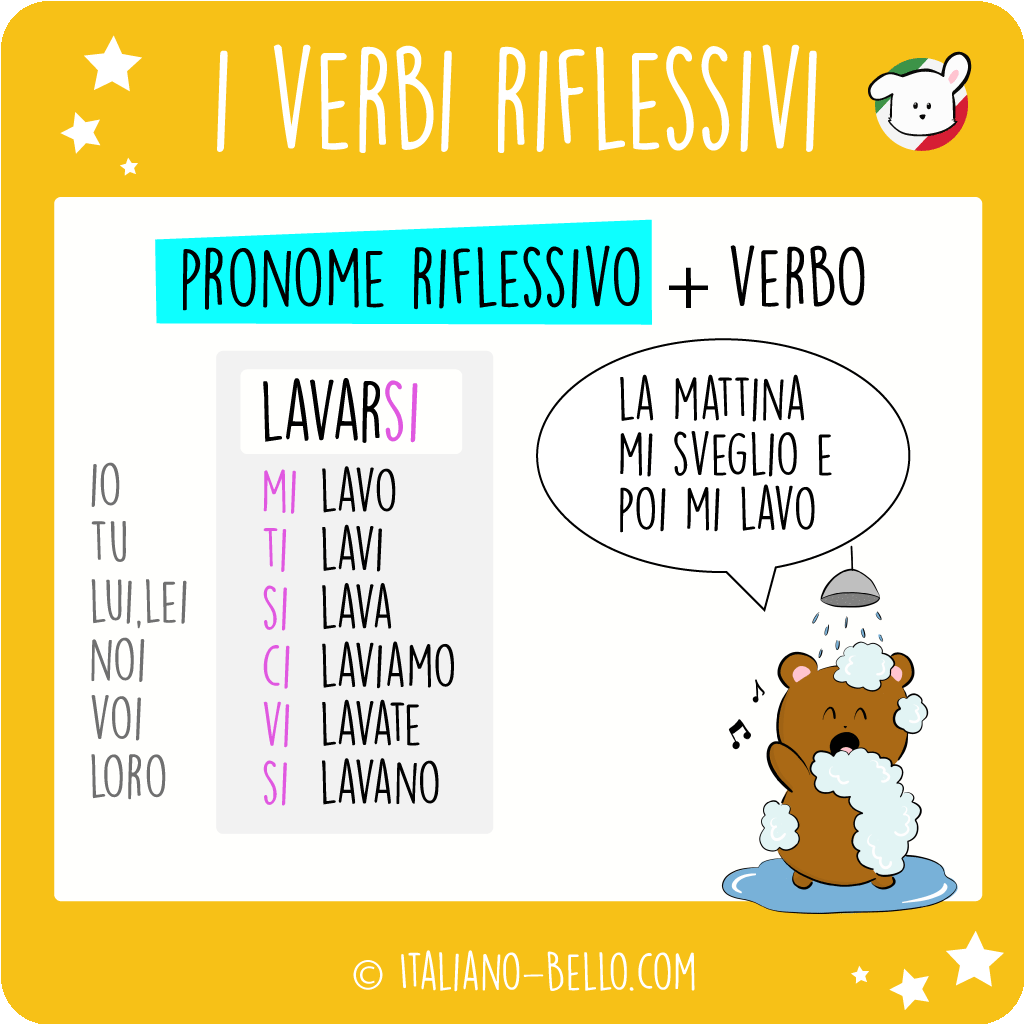
ESERCIZI
1. Pronomi riflessivi
2. Inserisci i verbi
Impara di più!
Vocabulary: List of 30 useful reflexive verbs here
Grammar: The articulated prepositions here
Reading: Read a story in Italian here
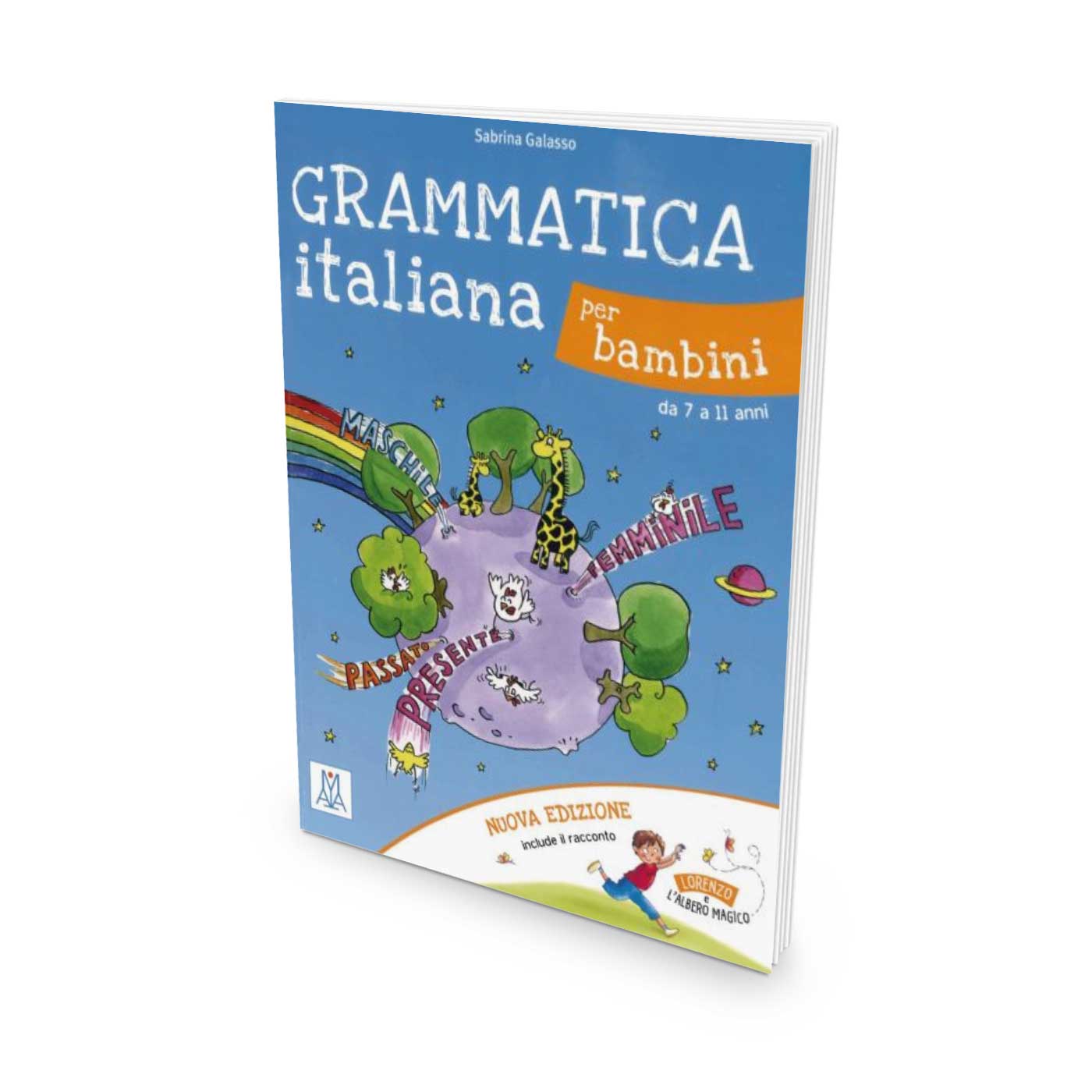
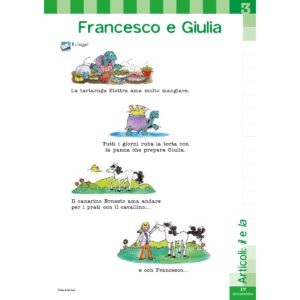
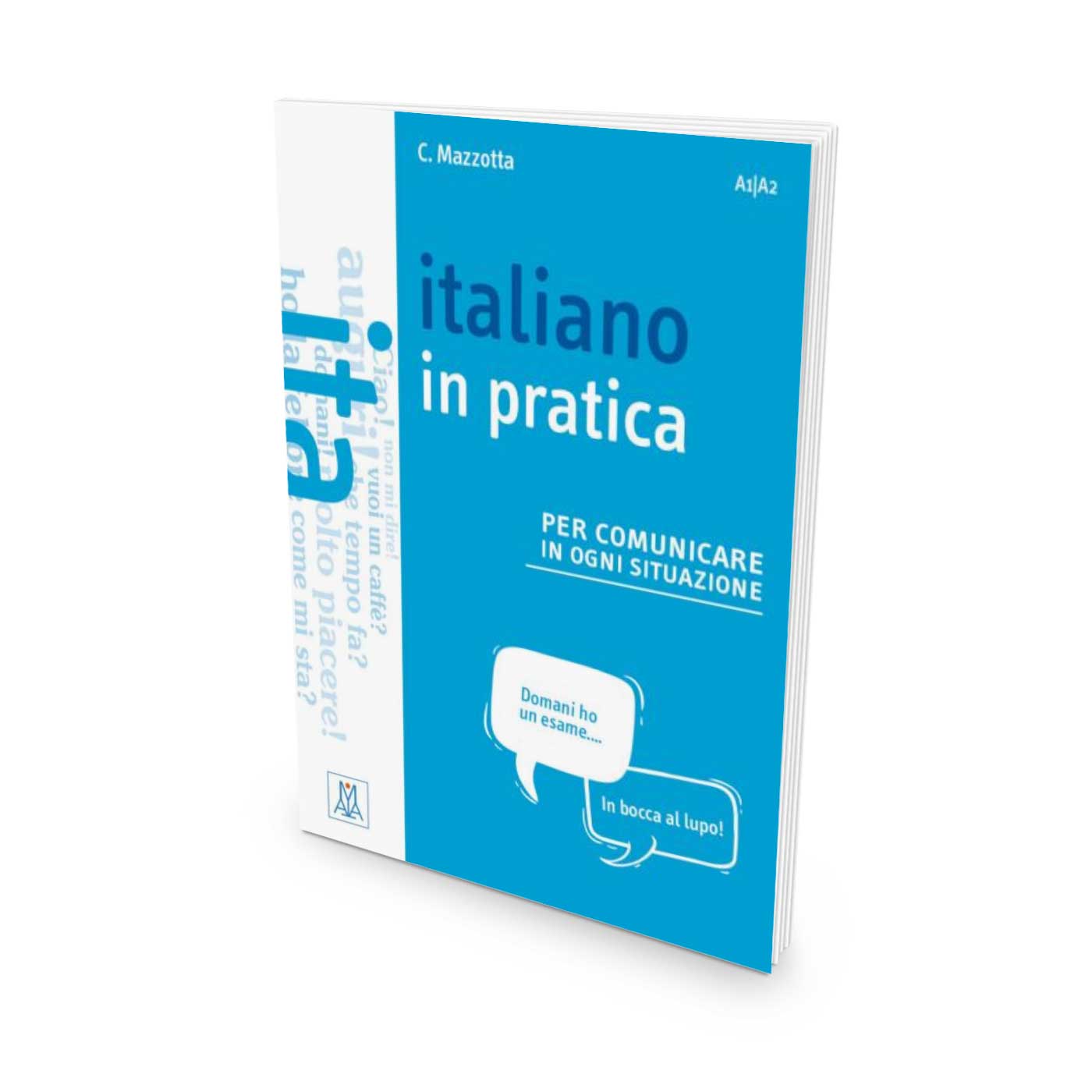
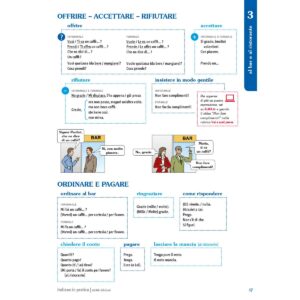
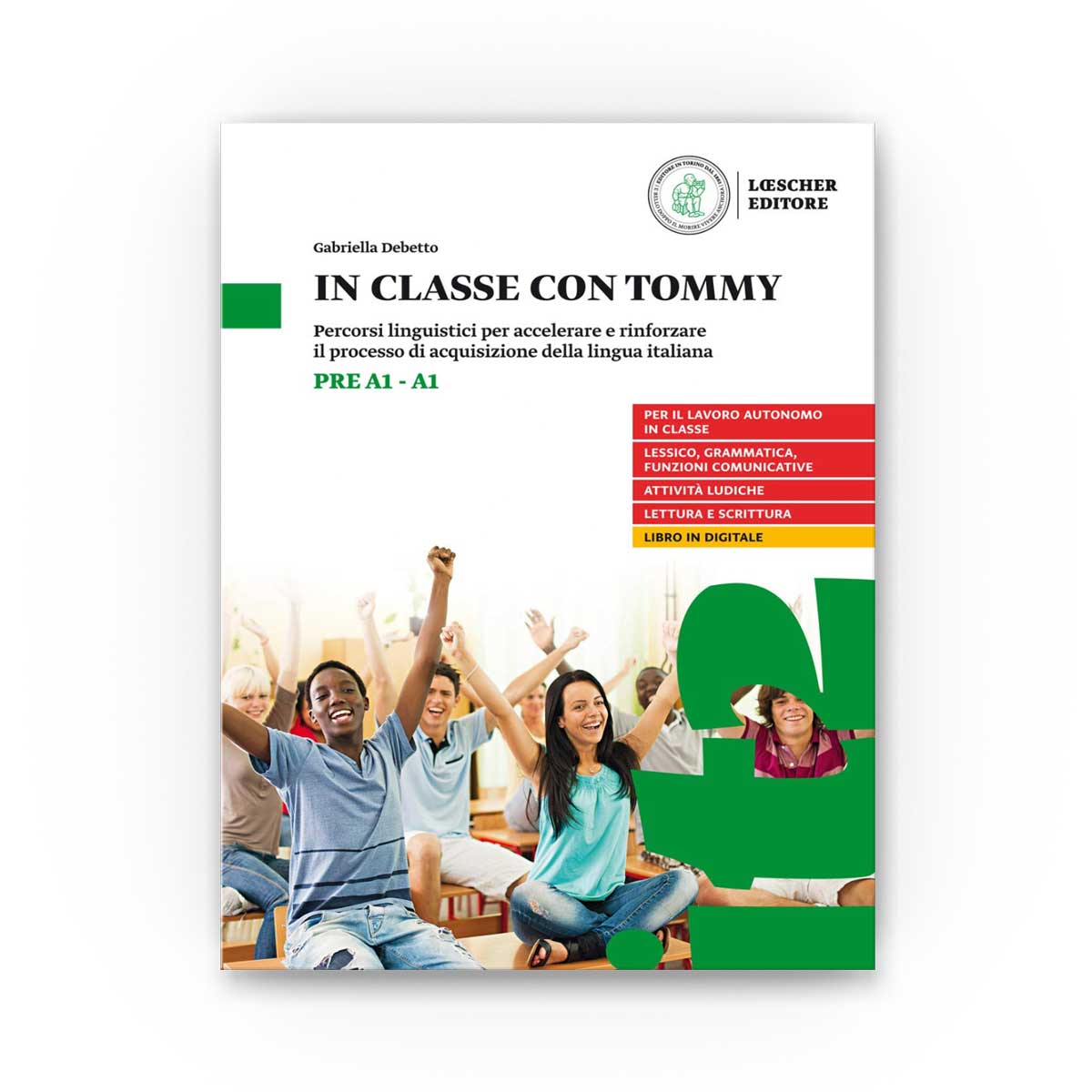
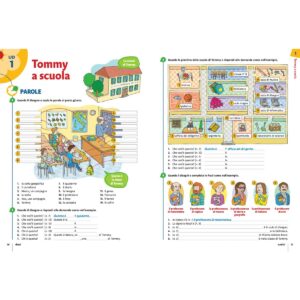
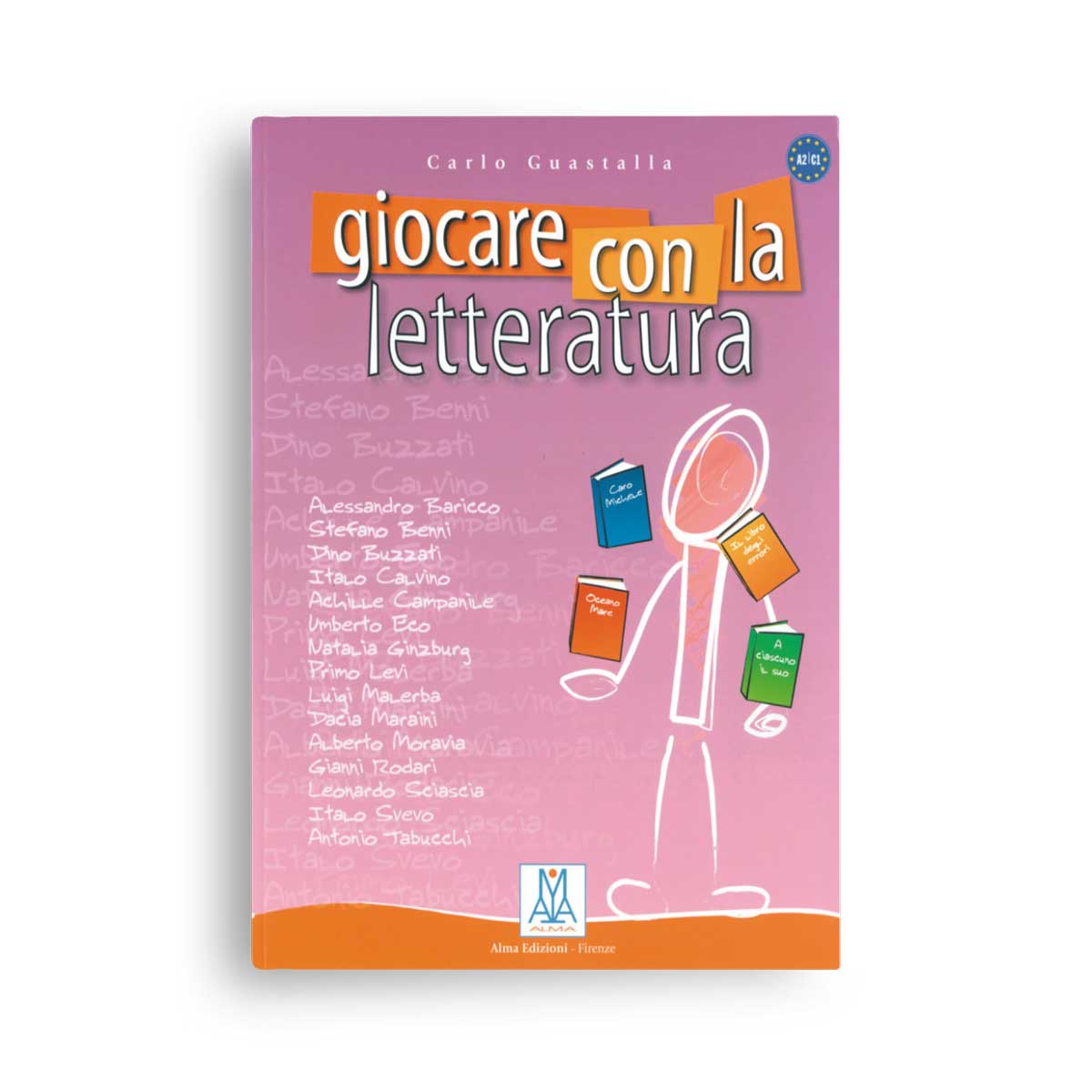



2 thoughts on “Reflexive verbs”
Un corso molto utile.
Very good!! I like it because it explains the things very good and esay 🔥👌🏻🤍